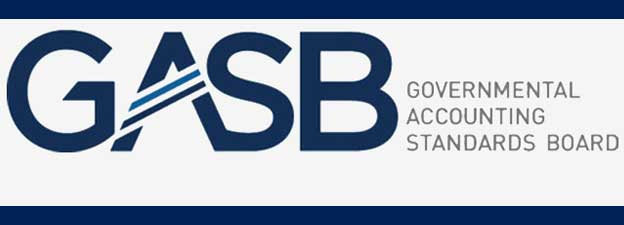Work to adopt the mandatory Governmental Accounting Standards Board (GASB) lease accounting standard (GASB 87) has not begun for half of those employed in state and local governments (51.4%) and public higher education institutions (50%), per a Deloitte poll of professionals working at organizations subject to GASB standards. GASB 87 is effective for fiscal years beginning on or after Dec. 15, 2019.
Possibly because few entities have begun lease accounting work or because the organizations manage large numbers of leased assets, 45.9% of state and local government and 49.5% of public higher education institution professionals expect to spend more time and effort on lease accounting implementation — or preparation work to achieve compliance — in the year ahead.
“It’s great to see so many entities ramping-up work in coming months to comply with the GASB lease accounting standard. Compliance with this mandatory accounting rule demands a lot of cross-functional teaming within organizations, as they collect and analyze hundreds — or possibly thousands — of leases for equipment, real estate, IT services and more for financial reporting purposes,” said Jennifer Ahn, Deloitte Risk & Financial Advisory partner, Deloitte & Touche LLP. “We strongly advise state and local governments, as well as public colleges and universities subject to GASB 87, to get started immediately if they haven’t already.”
When asked about the largest lease accounting implementation challenge they would face in the year ahead, polled professionals pointed to a lack of resources or bandwidth to take on related work (28.6% state and local government; 36.2% public higher education institution).
Blake Rodgers, Audit & Assurance partner, Deloitte & Touche LLP, added, “Because of the diversity in the volume and complexity of lease portfolios, adoption plans for the lease accounting standard vary between entities subject to GASB standards. Some may still be waiting to start lease accounting work. Others may have built cross-functional teams of professionals in accounting, finance, operations, legal and IT working actively and efficiently to manage the effort. As with most large organizational changes, preparation and strong collaboration are integral for successful lease accounting adoption and for managing any unexpected challenges that may arise during implementation. There’s no time to delay.”
Early questions leaders can ask to assess how far along their organization’s lease accounting efforts are include:
- What leases do we hold? How many leases and what types of leases do we have? Are those lease agreements on paper or available electronically? Do the leases we have include all the data we’ll need to use for lease accounting calculations required by GASB 87?
- Which teams hold the leases themselves? How can we create a multi-disciplinary team to help manage lease accounting implementation work? Which functions should be represented on that team? What resources will be needed to support the lease accounting project management team?
- How can we build a lease accounting implementation plan? Can we build a detailed roadmap outlining how we’ll manage efforts that may span various business units, file types, IT systems and geographies? How fast will we have to execute the plan to ensure we have appropriate and accurate lease data in our 2020 financial statements?
- How much time will it take to get the data we need from the leases we have, and where will that data be stored? Do we have resources available to help collect the lease details needed for lease accounting, quickly? Where will lease data be captured and stored? Who will double-back to third parties with whom we have leases to collect any missing data we need for lease accounting calculations?
Thanks for reading CPA Practice Advisor!
Subscribe Already registered? Log In
Need more information? Read the FAQs




